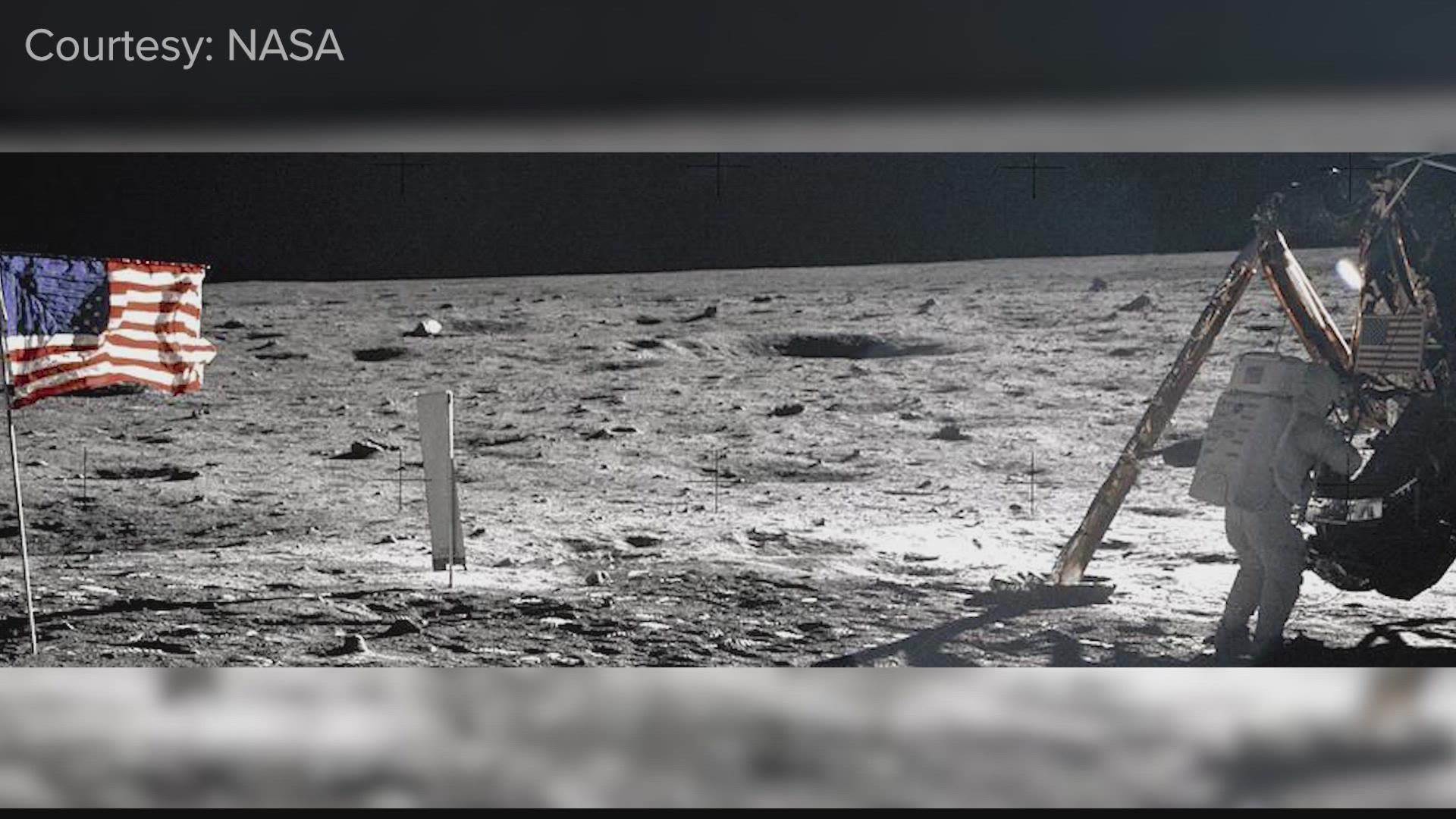HUNTSVILLE, Ala. — Marshall Space Flight Center in Huntsville plays a huge role in NASA's Artemis One mission. The mission's first *uncrewed* launch blasts off later this month.
The Artemis One mission is the first in a series of missions planned by NASA to further human space exploration. This specific mission will be an uncrewed launch of the Orion spacecraft released from NASA's space launch system, the most powerful rocket they've ever built. They will test out the safety of the spacecraft and rocket while researching data on the moon in preparation for the next missions.
Joseph Pelfrey, Deputy Director, Marshall Space Flight Center, says, "We want to return humans to the moon and land. the first woman, the first person of color, back on the moon on Artemis Three. And then the long term sustainability presence where we can have crews stay on the moon for longer periods of time and that will help us prepare for going to mars, which is our ultimate goal."
The plan for Artemis One is to go to the moon for the full duration of the mission, which could be around 40 days. "We're not only testing out the launch vehicle, we're testing out the crew capsule, all the support teams, the ground systems that support the launch and the recovery efforts and the whole mission control so all that's an integrated system that we're going to scrub end to end for the first flight, says Chris Cianciola, Space Launch System Program Manager.
Marshall Space Flight Center also plays a big role in the research being done on this mission.
Marshall Center director Jody Singer says, "We are known at Marshall Space Flight Center for being a transportation center, but also we're involved in the sciences going on on this mission. There's ten secondary payloads that will be launched, and so that's gathering science, and we have a Huntsville operations center that will be helping us monitor not only the launch systems themselves, but the payloads that will be flying."
These missions take thousands of people from many different departments to be ready for lift off. SLS Chief Engineer John Blevins explains, "They serve to bring us together. they serve to try to really show that we can achieve great things. we also get a lot of benefit from those things, right? we get whether it's better computers or, you know, better materials and all kinds of just very tangible side effects from doing these types of missions as a people group, as a nation, as a world."

